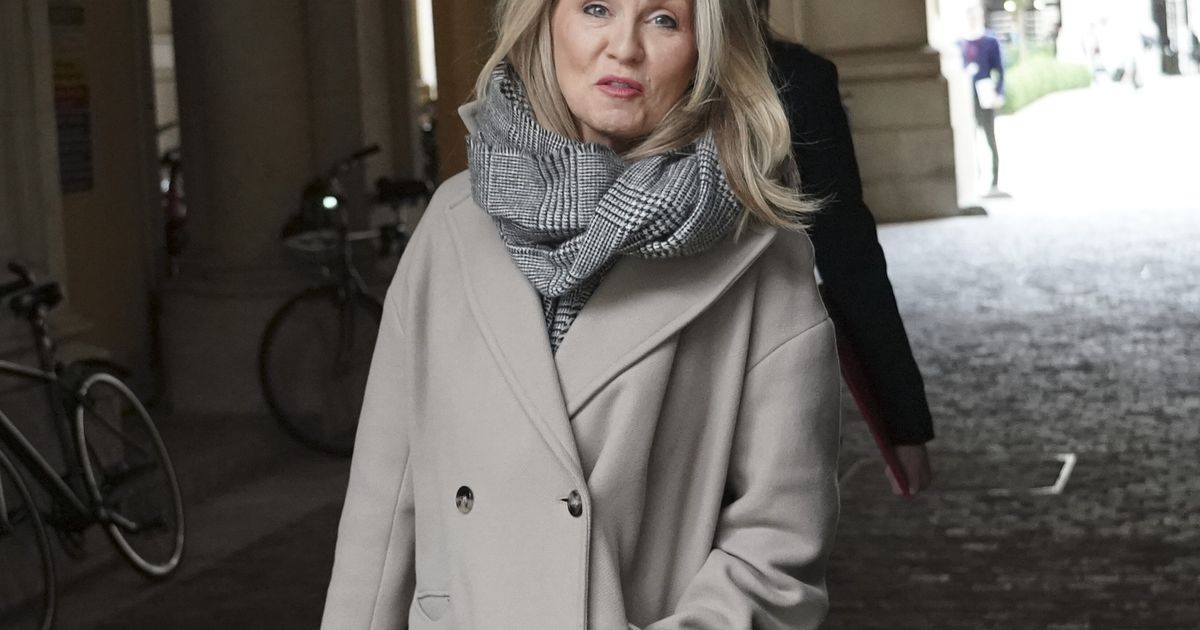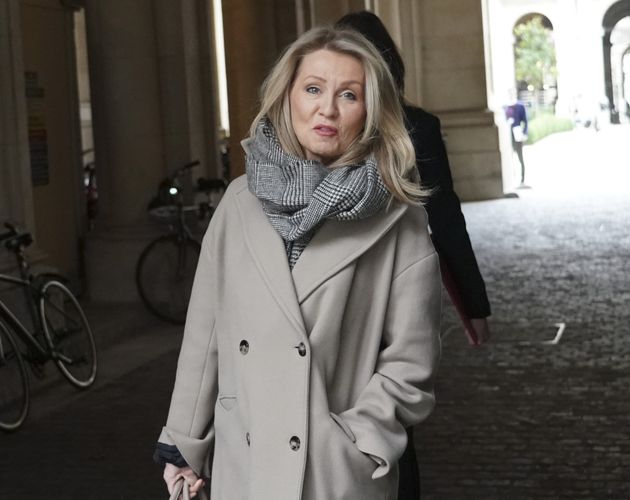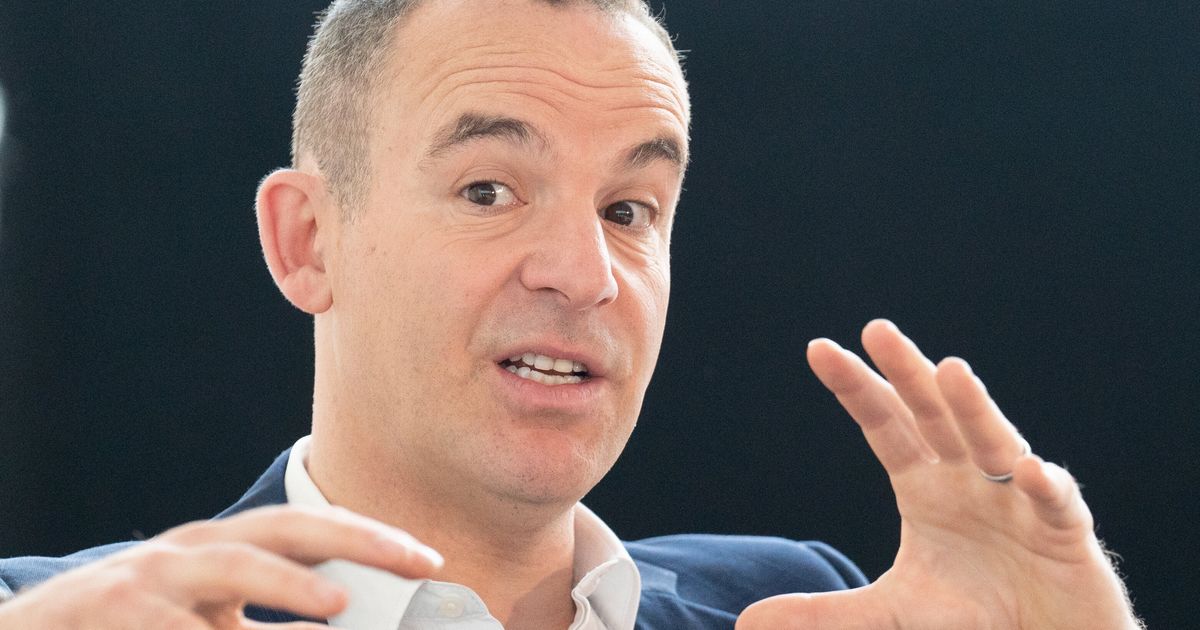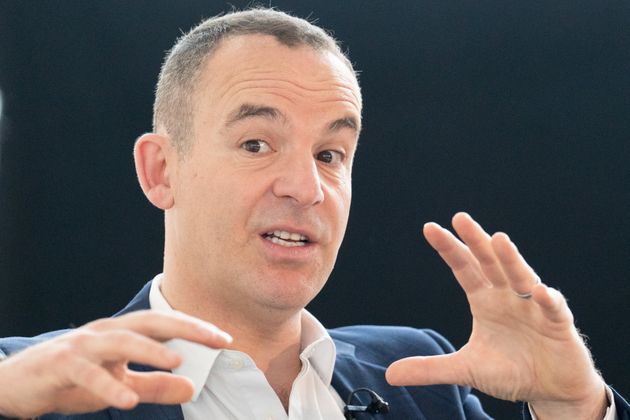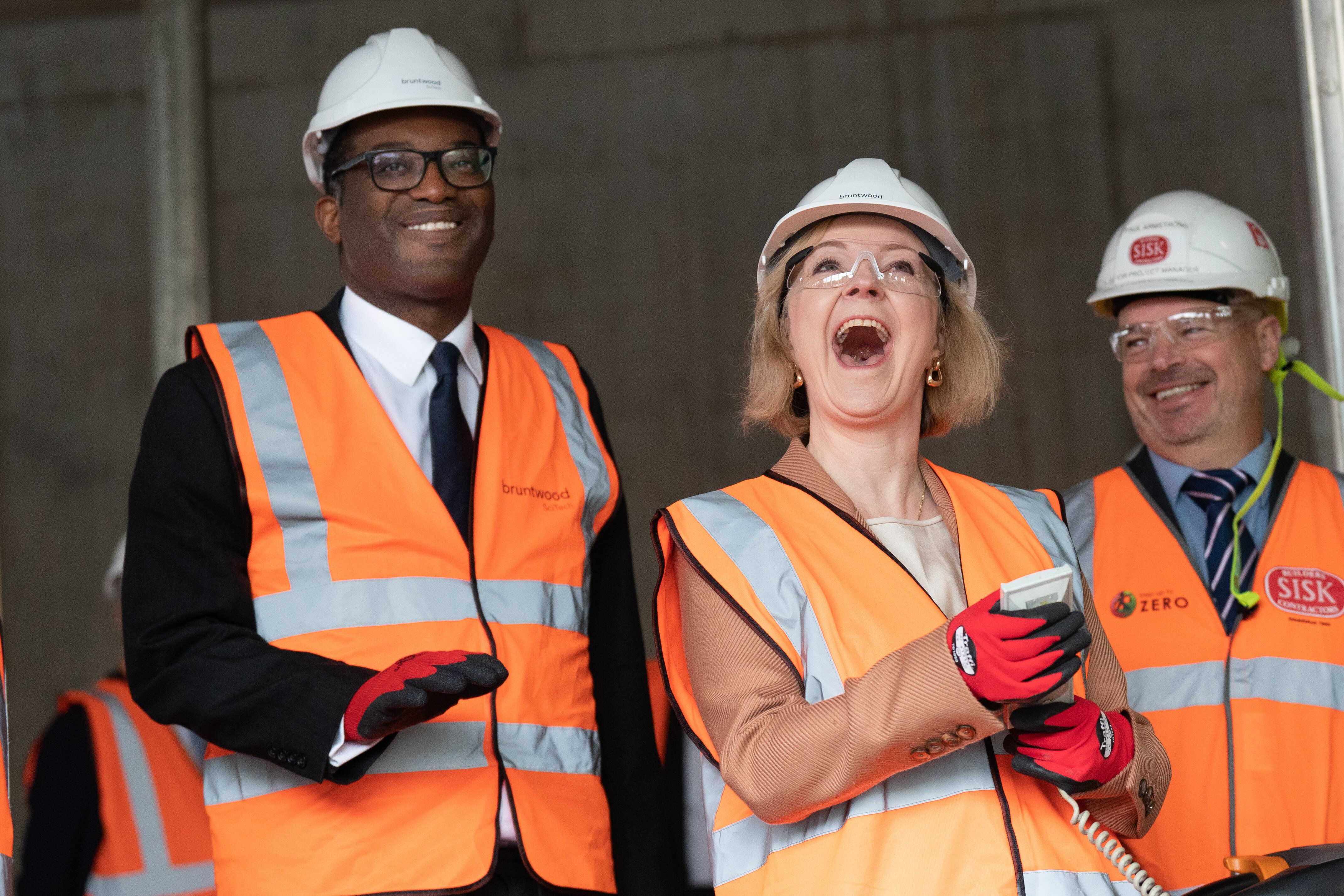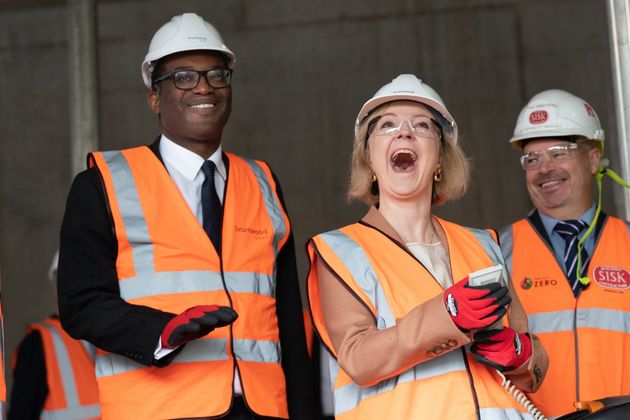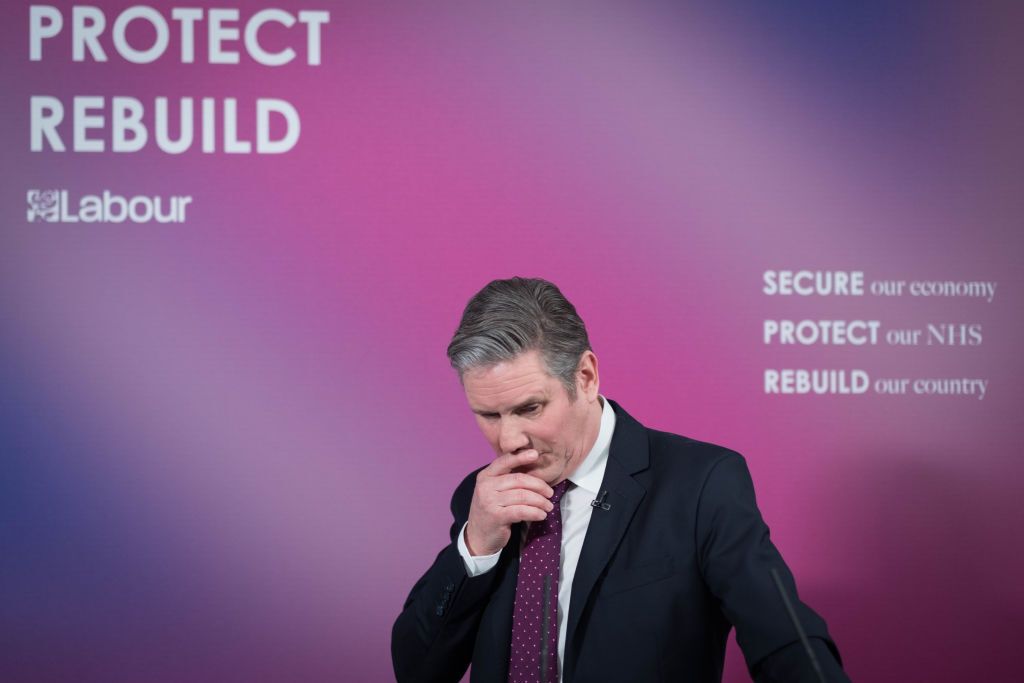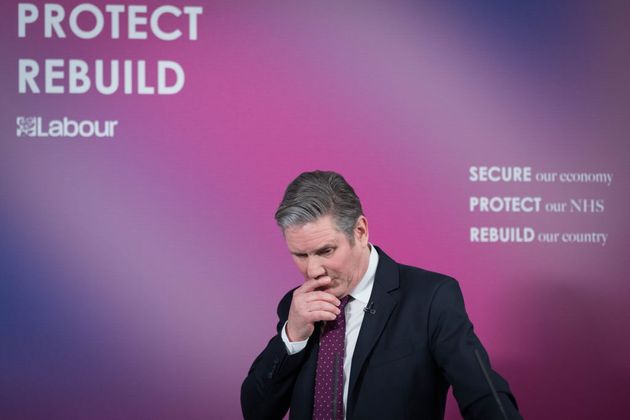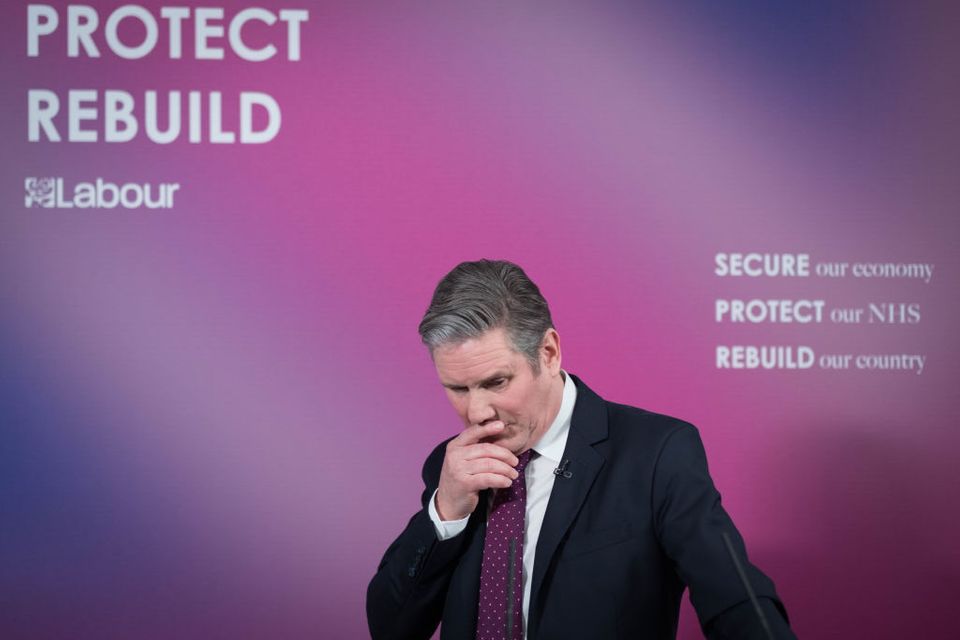The Bank of England raised UK interest rates again – lifting the “base rate” to 4.5% from 4.25%.
It’s the 12th increase in a row since rates started going up in December 2021, pushing borrowing costs up further, particularly impacting homeowners with a mortgage.
Soaring food prices – and the fact they remain stubbornly high – appears to be the key factor behind the decision.
But experts are not sure it’s the right policy
Some economists think the Bank could has gone too far since the impact of the repeated rises has yet to pass through to households and businesses.
Take homeowners. Around 85% of all borrowers are tied to fixed-rate mortgages – but the majority are yet to switch to a higher-rate home loan, and could be in for a shock when they do.
One prominent commentator predicted “screeching U-turns are coming” – and the Bank will soon have to cut rates to avoid tipping the UK economy into recession.
So how do interest rates work?
Hiking the base rate increases the cost of borrowing, making both credit and investment more expensive. The idea is to put the brakes on the economy and curb the soaring cost of goods and services – known as inflation.
Bringing rates down is an attempt to have the opposite effect – stimulate growth by making borrowing cheaper, and in turn, encourage investment.
The Bank is tasked with keeping inflation under control, targeting 2% a year. Inflation hit 10.1% in March, and raising rates is the blunt instrument it has to bring it down.
This is the bind the Bank is in: raise interest rates to combat inflation, but then stall the economy and make people’s lives miserable and make any downturn potentially deeper and longer.
Why are experts calling it out?
Put simply, some economists argue that pushing up rates is having little to no effect on inflation – mainly because the war in Ukraine has been the driving force, chiefly through higher energy costs that are now easing. The same applies to two other factors, namely higher oil prices and economies emerging from a pandemic.
Consumer champion Martin Lewis suggested on Twitter that the Bank was sending signals more than anything else. Lewis wrote: “I’m no economist, but I struggle with the logic behind base rate rises currently. Inflation seems supply-side driven – but rate rises dampen demand. Then again the BoE is charged with bringing down inflation and this is it’s only tool. So it has to do it. Co-ordinated effort with govt would help.”
An actual economist went much further.
David “Danny” Blanchflower, who sat on the Bank’s monetary policy committee for three years, accused the central bank of “terrible incompetence”.
He told Sky News in a lengthy diatribe:
“This is utter incompetence. The market doesn’t believe them. I don’t believe them.
“I don’t believe a word that they say and it’s going to make things much worse for your listeners.
“Housing market’s going be in trouble. Mortgages are going to go up, housing quantities are going to decline.
“It’s the same utter group-think incompetence in 2008, and the same bank missed the greatest financial crisis since 1929.
“And here they go again. The market doesn’t believe them. I don’t believe them.
“Your listeners shouldn’t believe them. Screeching u-turns are coming and bad economic data is coming.
“This is terrible incompetence and this lot should just quit.”
Others were of a similar mind.
Suren Thiru, economics director at the Institute of Chartered Accountants in England and Wales, said the Bank risked “overdoing” rate rises, which could compound the cost crisis for many.
He said: “With most of the interest rate rises yet to pass through to households and businesses, the Bank of England risks overdoing the rate hikes, adding to the squeeze on our growth prospects and aggravating the cost-of-living crisis.”
The IPPR think tank argued the Bank should have held off raising interest rates again, warning of a “continued increase in inequality”.
Carsten Jung, senior economist at IPPR, said: “The Bank of England should have held off raising rates.
“The current approach risks creating big economic costs, in the form of lower future growth and fewer jobs, while not actually being effective enough at bringing down inflation.”
What does the Bank say?
The Bank had previously been more optimistic that inflation could fall as low as 1% by the middle of 2024, but it is now predicted to reach about 3.4%, meaning it will fall at a significantly slower rate.
Andrew Bailey, the Bank’s governor, said there had been a “very big underlying shock” to food prices.
He added: “It appears to be taking longer for food price pressures to work their way through the system this time than we had expected.”
“But, as we said before, we are in very unusual times.”
